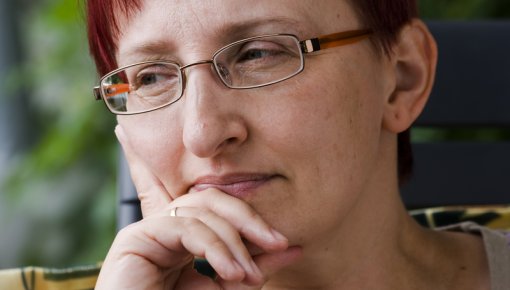He was impulsive, bothered others and found it difficult to concentrate
He stood out in kindergarten too. He often bothered other children and annoyed them with his impulsive behavior. It wasn’t because he wanted to be mean. It was more of a spontaneous thing, whenever an opportunity arose. If another child was in his way he’d stick his leg out, shove them or pull their hair.
He also had difficulties focusing on one thing for long, and kept switching to other activities after a short while. He found it hard to try out things that were completely new to him too. He felt more at ease sticking to activities he was familiar with.
It took our son a long time to learn to put on his own shoes or work a zipper. Back then I didn’t know that fine motor skills sometimes develop more slowly in children with ADHD. I kept practicing with him and wondered what I was doing wrong. Whenever he was meant to sit at a table, he always used to fidget, and still does. We just had to accept that.
He was our first child so we had nothing to compare him to. But we did compare him to our friends’ children. We soon realized that he wasn’t like other children his age. He was just different.

